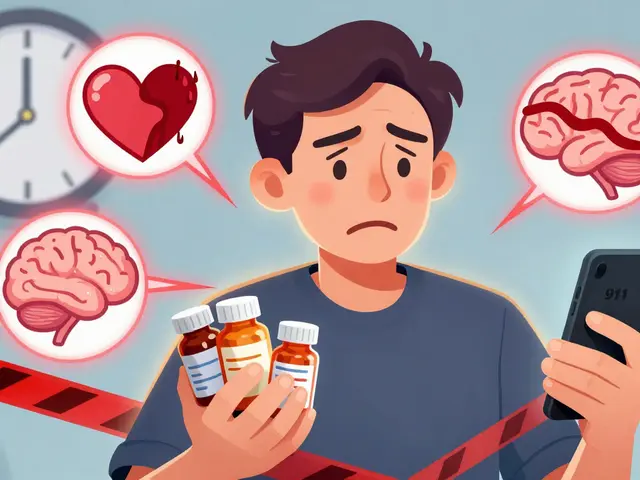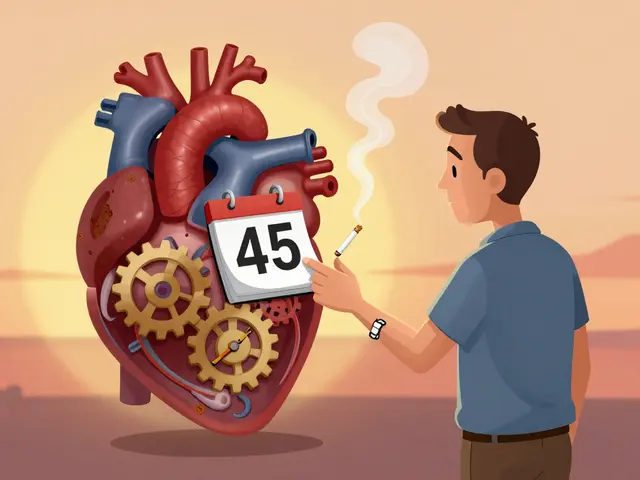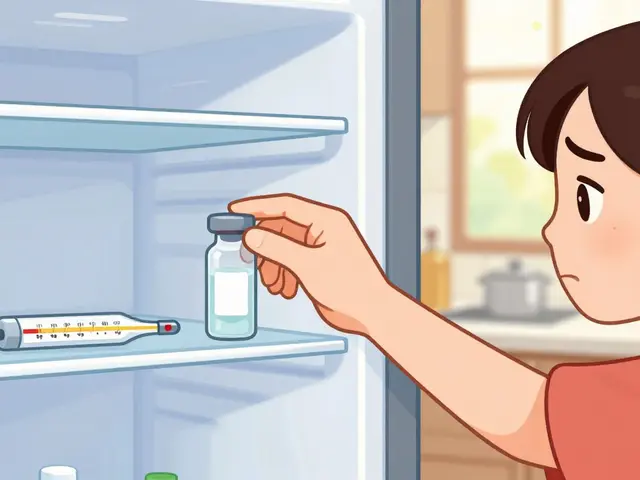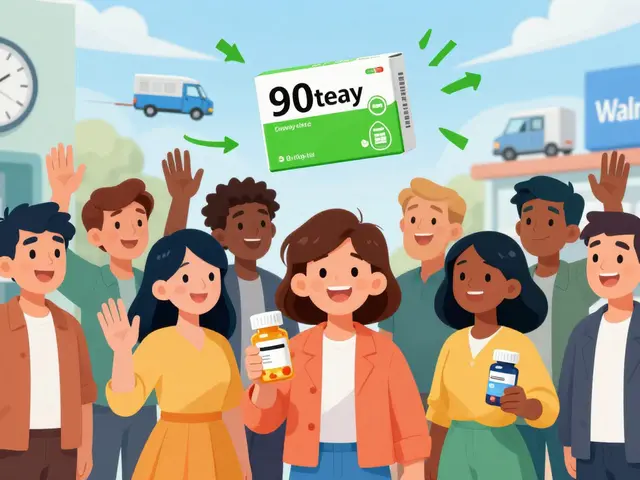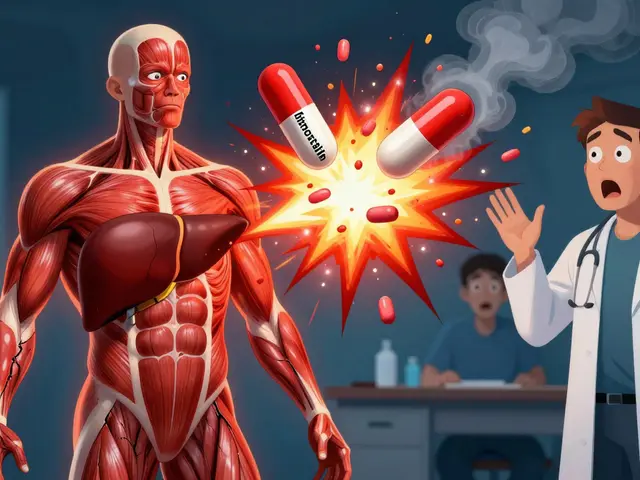Alcoholism Recovery: Simple Steps to Start Living Sober
If you’re reading this, chances are you or someone close to you wants a way out of drinking. The good news? Getting sober isn’t a myth—it’s a series of doable actions. First off, admit that you need help. That moment can feel scary, but it’s the only door that opens to real change.
Next, set a concrete date for your first alcohol‑free day. Mark it on your calendar, tell a trusted friend, and treat it like an appointment you can’t miss. Having a clear start point makes the goal feel real, not vague.
Find the Right Support for Your Journey
Going solo rarely works long term. Look at professional options first: doctors can prescribe meds like naltrexone that reduce cravings, and therapists can teach coping skills. If you’re unsure where to begin, a quick call to your primary care doctor can point you toward local treatment centers.
Support groups are another gold mine. Meetings such as AA (Alcoholics Anonymous) or SMART Recovery give you a room full of people who get what you’re facing. You don’t have to share every detail—just show up and listen. The shared stories often spark ideas that fit your own life.
Don’t forget online communities. Forums, apps, and social media groups let you stay connected even when you can’t attend in‑person meetings. Pick a platform where the vibe feels encouraging rather than judgmental.
Staying Sober Long Term: Everyday Hacks
Triggers are everywhere—stress at work, weekend parties, even certain TV shows. Write down your top three triggers and create an action plan for each. For example, if stress drives you to the bottle, replace it with a quick walk or a 5‑minute breathing exercise.
Build new habits that fill the void alcohol used to occupy. Pick a hobby—cooking, gardening, video games—and schedule it right after meals when cravings are strongest. The more enjoyable the activity, the less you’ll miss drinking.
Keep a relapse‑prevention journal. Jot down how you felt, what worked, and where you slipped. Reviewing these notes weekly shows patterns and lets you tweak your plan before a slip becomes full‑blown relapse.
Finally, celebrate small wins. Made it three days without a drink? Treat yourself to a movie night or a new book. Recognizing progress reinforces the behavior you want to keep.
Sober living isn’t about perfection; it’s about moving forward one day at a time. Use these steps, lean on support, and remember that every sober hour adds up to a healthier future.
In my latest blog, I discussed the vital role that nutrition and exercise play in alcoholism recovery. I explained how proper nutrition helps the body repair the damage caused by alcohol abuse, while exercise aids in releasing endorphins, promoting mental well-being. Additionally, I emphasized how establishing a healthy routine can serve as a powerful tool in preventing relapses. Through my research, I also discovered that specific vitamins and minerals are crucial in supporting the body during this challenging time. Overall, I truly believe that a balanced combination of nutrition and exercise can make a significant difference in the recovery journey for those battling alcoholism.


